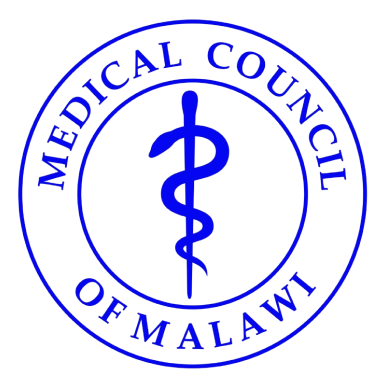The Medical Council exists to protect the public and provide regulatory oversight and guidance to the medical, dental, and allied health professions. One of MCM’s core mandates is the regulation of education and training for all registrable practitioners.
As part of this mandate, MCM reviews and vets curricula and qualifications for health-related programs prior to their further approval by the National Council for Higher Education (NCHE) in Malawi.
Under Section 43 of the Medical Practitioners and Dentists Act No. 17 of 1987, the Council is empowered to approve the following:
- Teaching hospitals.
- Medical, dental and allied health schools.
- Basic education curricula.
- Postgraduate education programs.
- Basic qualifications for registration as a practitioner.
- Registration of practitioners with approved postgraduate qualifications.
- Any other training-related matters within the Council’s jurisdiction under the MPD Act.
The Council does not register or license practitioners whose training programs have not been vetted and approved by MCM.
Application and Approval Process
Training institutions must formally apply to MCM by submitting an application letter to the Registrar and Chief Executive Officer. MCM will then provide the institution with the minimum requirements and guidelines relevant to the proposed level of training. The university or college is required to develop and submit the curriculum and related documentation to MCM for review.
The vetting process is conducted by the Training and Education Committee, with final approval granted by the full Council. Feedback is then communicated to the institution. Only upon receiving formal approval from MCM may the institution begin recruiting students. Approved programs are currently provided with registration certificates.
Following approval, MCM conducts an initial inspection of the institution as part of its compliance mandate.
